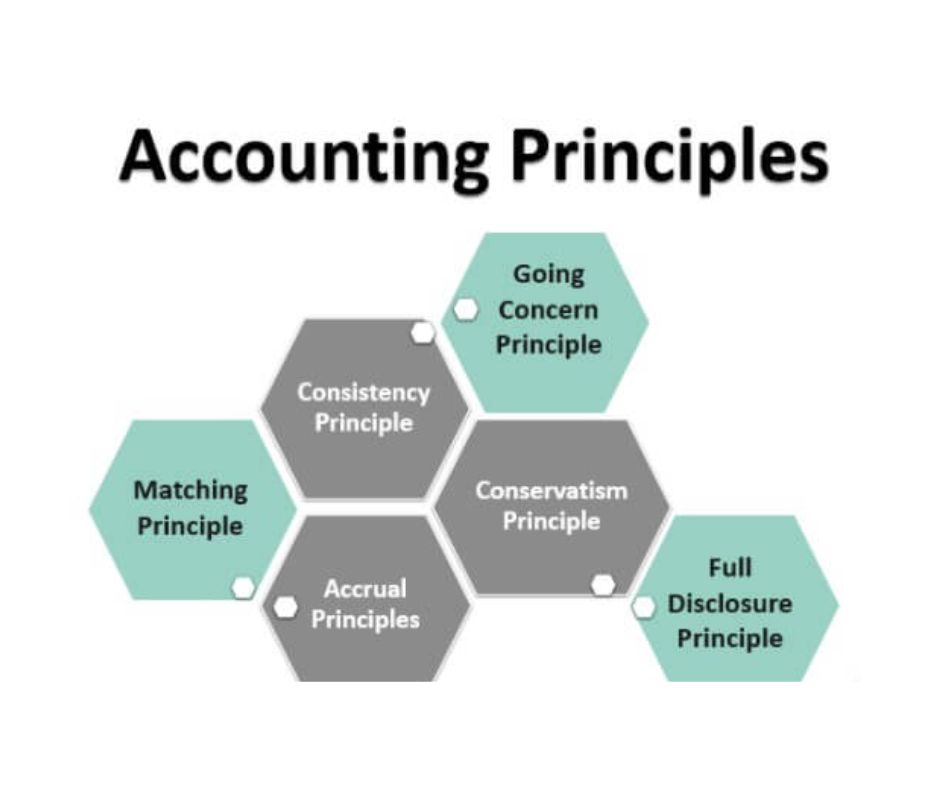Tax planning with reference to managerial decisions?
Managerial Decisions Tax planning, within the context of managerial decisions, refers to the strategic consideration of potential tax implications when making business decisions and integrating tax-efficient strategies into the decision-making process. Here’s a unique perspective on tax planning with reference to managerial decisions: Tax planning involves a proactive and holistic approach to evaluate the… Read More »









